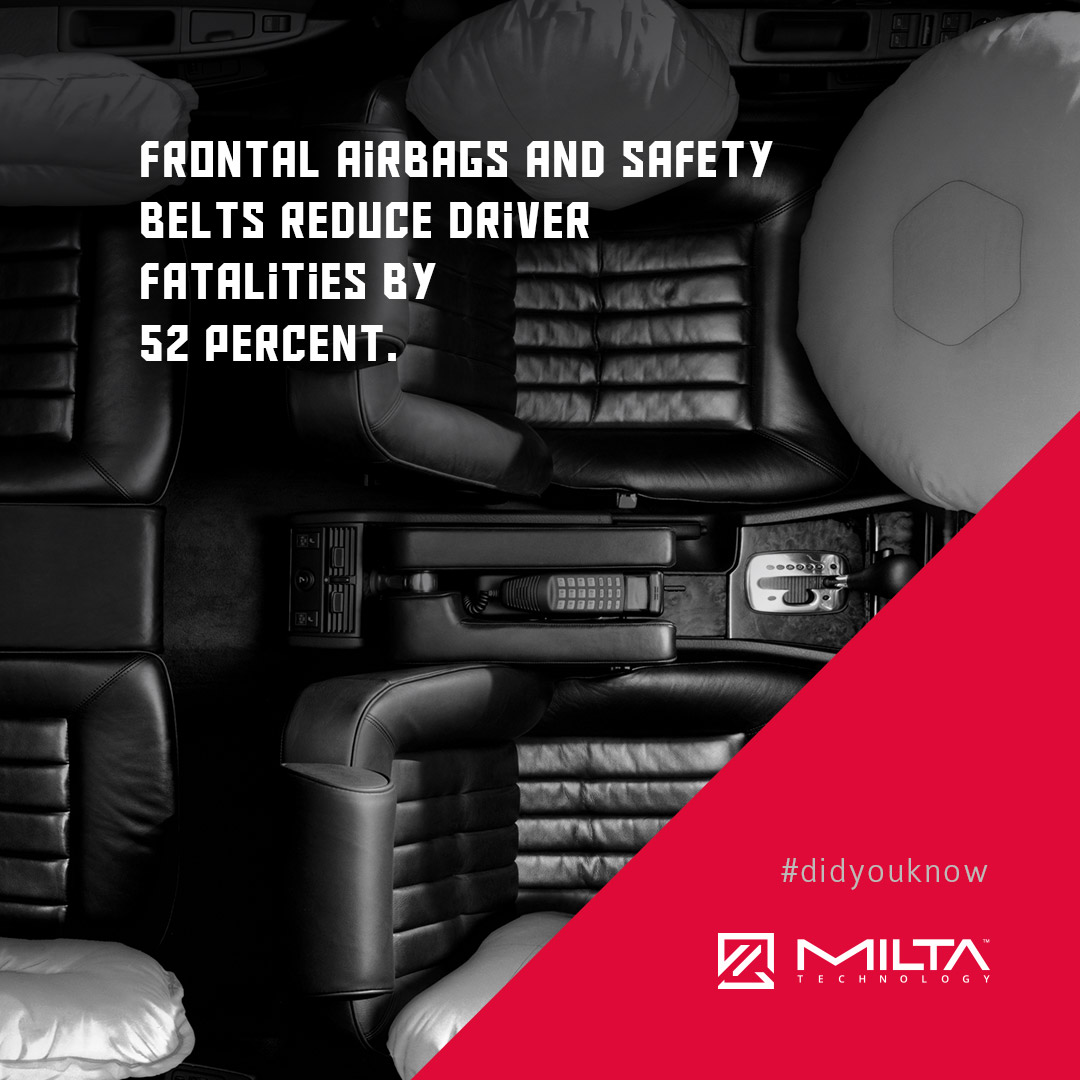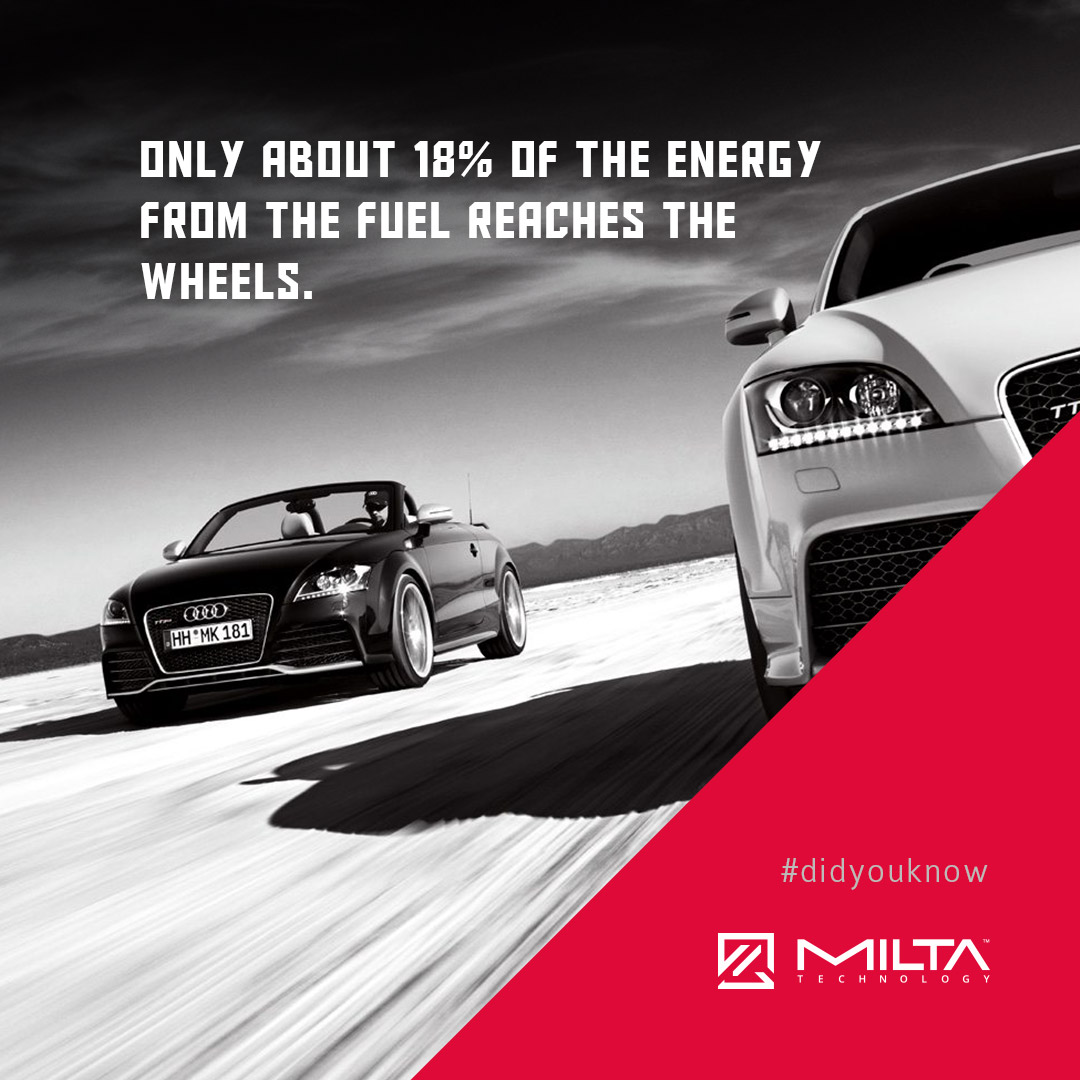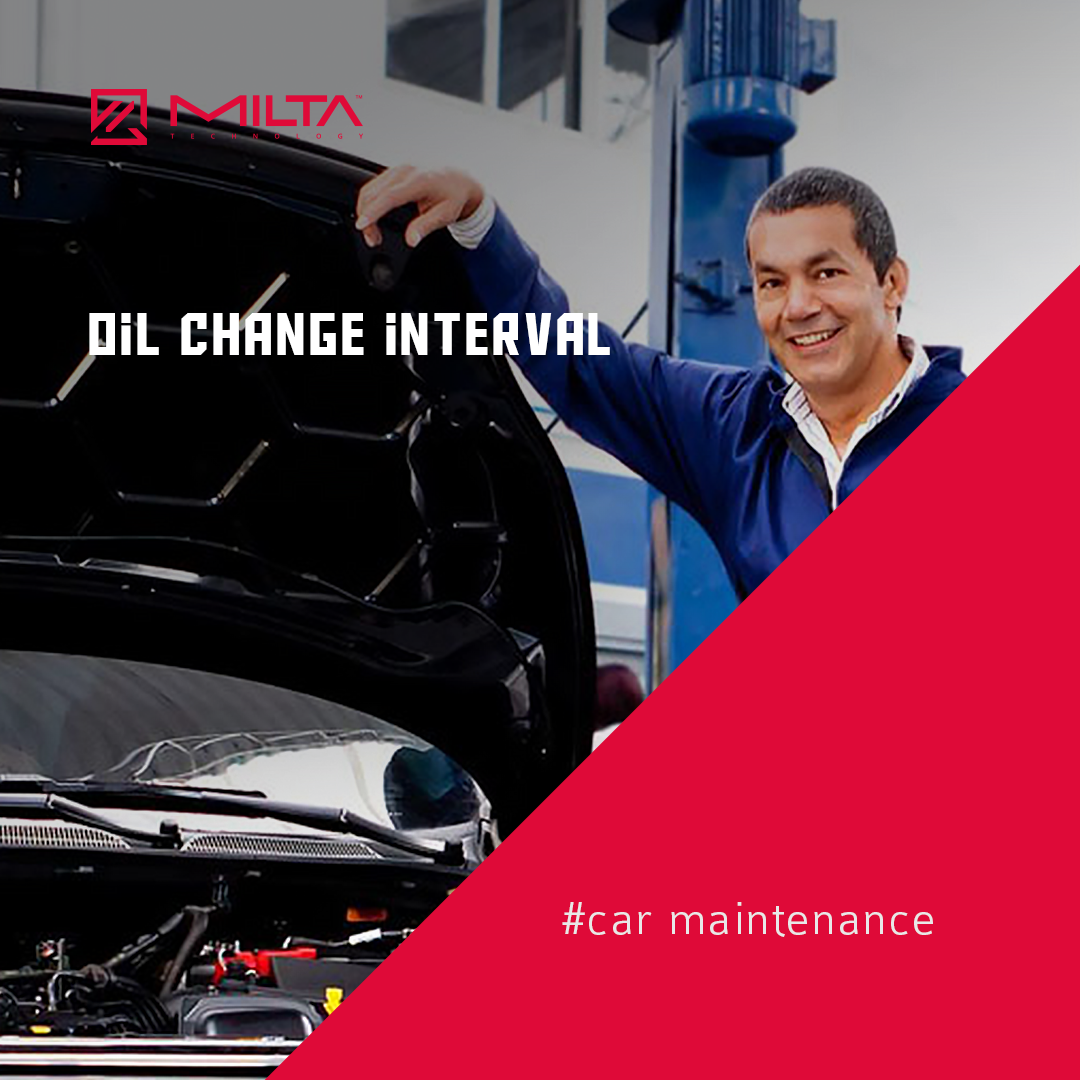Did you know that frontal airbags reduce a risk of fatality during a car crash by 29 percent on average? The fatality reduction in frontal crashes is larger for belted drivers (52 percent) compared with unbelted drivers (21 percent).
Year: 2017
If your car is not properly maintained it will both decrease the safety of your driving, as well as impair the fuel economy. For instance, having your car properly tuned can improve fuel mileage by up to 4%, properly inflating tires can help as much as 3% and using the correct oil is good for up […]
It may be of an interest for some of you, that the tank-to-wheel energy efficiency is 18% for the petrol and 22% for the diesel cars. All the rest is being used up by all the other components of your car and mostly lost as heat.
Some people claim that women are worse drivers and that they cause more accidents than men. However, the statistics say that it is actually the opposite – women tend to be safer drivers, and they generate fewer crashes than the opposite sex.
Did you know that Toyota Corolla is the most produced car in the world so far? There are already more than 40 million of these vehicles produced and it is still growing. Although there have been already eleventh generations of this model and the design has been evolving through many different looks, varying greatly from […]
Something as simple as finding an optimum schedule for changing your engine oil actually turns out not to be so easy to decide. Although some manufacturers advice to change the oil every 10,000 miles or even less frequently, you may want to have it replaced much more often, depending on individual circumstance. It all depends […]
In Luxembourg, there are 647 cars per 1,000 citizens. It makes that country to have the highest rate of car ownership in the world. The second country in that category is Iceland, followed by New Zealand, Italy and Canada.
If you are planning to have a very long car journey, think of inviting a person that could share the driving responsibilities with you. This way, you could keep an eye on each other to react as quickly as possible to any signs of losing attention. You can also save some time, by sleeping while […]
The risk of a casualty crash approximately doubles with each 5km/h increase in speed on a 60km/h speed limited road, or with each 10km/h increase in speed on 110km/h roads. So think twice before you push your foot too hard on the accelerator pedal, because you are not risking losing just your money for the […]
Another common misconception involves electric cars. It is stated by some, that these machines are more likely to catch fire during accidents than the combustion engine fueled units. However, the investigation performed by The National Highway Traffic Safety Administration in the USA concluded, that there are no indications of such increased risk of fire in […]










